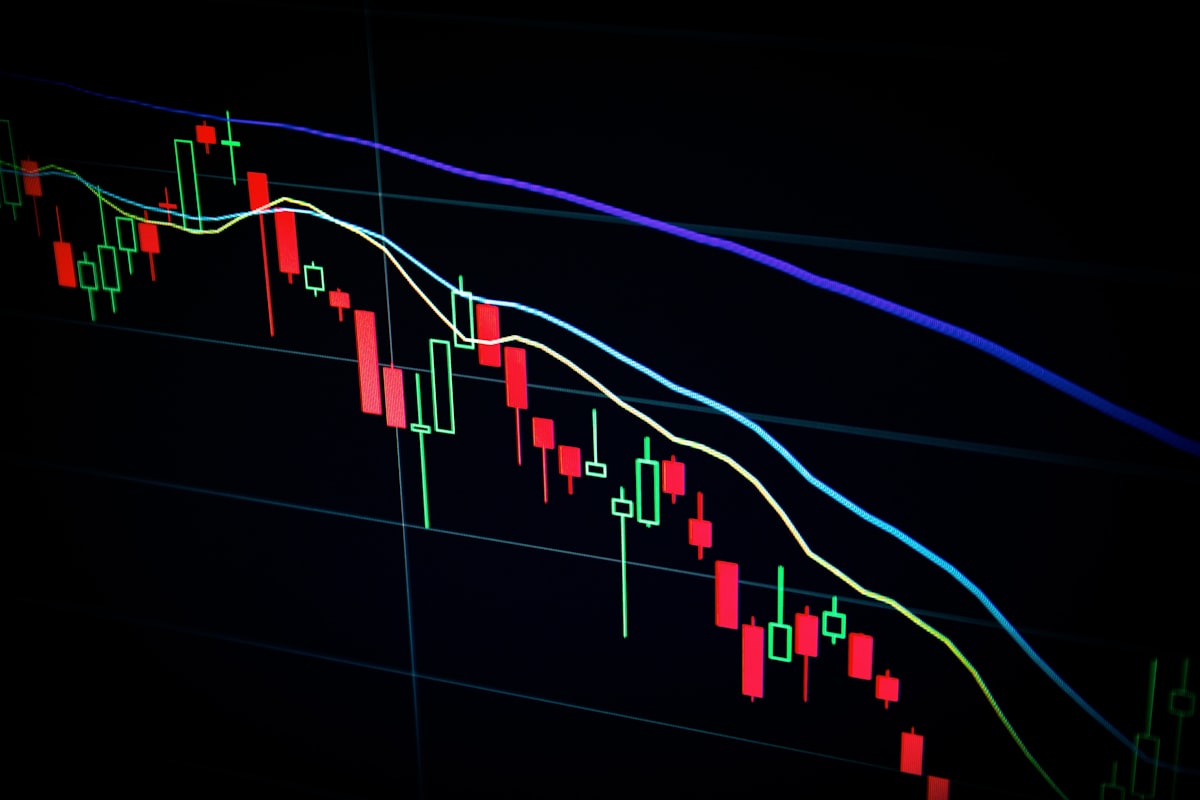📚 Table of Contents
- ✅ Introduction: Index Funds vs. ETFs in 2025
- ✅ What Are Index Funds and ETFs?
- ✅ Key Differences Between Index Funds and ETFs
- ✅ Performance Trends in 2025
- ✅ Top 6 Index Funds to Watch in 2025
- ✅ Top 6 ETFs to Watch in 2025
- ✅ Tax Efficiency: ETFs vs. Index Funds
- ✅ Cost Comparison: Expense Ratios and Fees
- ✅ Liquidity and Flexibility
- ✅ Which Is Better for Your Investor Profile?
- ✅ Conclusion
Introduction: Index Funds vs. ETFs in 2025
As we move deeper into 2025, investors are increasingly weighing the pros and cons of index funds versus ETFs. Both offer diversified exposure to the market, but which one is the better choice for your portfolio? With evolving market conditions, regulatory changes, and technological advancements, the debate between index funds and ETFs has taken on new dimensions. This article dives deep into the top 12 index funds and ETFs to consider in 2025, analyzing their performance, costs, tax efficiency, and suitability for different investor profiles.
What Are Index Funds and ETFs?
Index funds and ETFs are both passive investment vehicles designed to track a specific market index, such as the S&P 500 or the NASDAQ-100. However, they operate differently in terms of trading, pricing, and structure. Index funds are mutual funds that aim to replicate the performance of an index and are priced once at the end of the trading day. ETFs, or exchange-traded funds, trade like stocks throughout the day, offering intraday liquidity. Both are popular for their low costs and broad market exposure, but their mechanics can significantly impact your investment strategy.
Key Differences Between Index Funds and ETFs
While index funds and ETFs share similarities, several key differences set them apart. Index funds typically require a minimum investment and are bought or sold at the day’s closing net asset value (NAV). ETFs, on the other hand, can be traded at any time during market hours, with prices fluctuating based on supply and demand. Additionally, ETFs often have lower expense ratios due to their passive structure, but index funds may offer automatic dividend reinvestment, which can be a significant advantage for long-term investors.
Performance Trends in 2025
In 2025, both index funds and ETFs are expected to benefit from continued growth in passive investing. However, ETFs may have an edge in sectors with high volatility due to their intraday tradability. For example, thematic ETFs focusing on AI, renewable energy, and blockchain are gaining traction, while traditional index funds remain strong in broad-market exposure. Historical data suggests that over the long term, both vehicles perform similarly when tracking the same index, but short-term traders may prefer ETFs for their flexibility.
Top 6 Index Funds to Watch in 2025
Here are six of the best index funds to consider in 2025:
- Vanguard 500 Index Fund (VFIAX) – Tracks the S&P 500 with an ultra-low expense ratio of 0.04%.
- Fidelity ZERO Large Cap Index Fund (FNILX) – A zero-expense-ratio fund mirroring large-cap U.S. stocks.
- Schwab Total Stock Market Index Fund (SWTSX) – Offers broad exposure to the entire U.S. equity market.
- iShares Core S&P 500 Index Fund (IVV) – A low-cost alternative with strong liquidity.
- Vanguard Total International Stock Index Fund (VTIAX) – Provides diversified international exposure.
- Fidelity Total Market Index Fund (FSKAX) – Covers small-, mid-, and large-cap U.S. stocks.
Top 6 ETFs to Watch in 2025
For those leaning toward ETFs, these six stand out in 2025:
- SPDR S&P 500 ETF Trust (SPY) – The most liquid ETF tracking the S&P 500.
- Invesco QQQ Trust (QQQ) – Focuses on NASDAQ-100 tech giants.
- Vanguard Total Stock Market ETF (VTI) – Covers the entire U.S. equity market.
- ARK Innovation ETF (ARKK) – Bets on disruptive innovation trends.
- iShares MSCI Emerging Markets ETF (EEM) – Targets high-growth emerging markets.
- Global X Robotics & AI ETF (BOTZ) – Invests in robotics and AI companies.
Tax Efficiency: ETFs vs. Index Funds
ETFs generally have a tax advantage over index funds due to their unique creation/redemption mechanism, which minimizes capital gains distributions. Index funds, especially in taxable accounts, may trigger capital gains when the fund manager sells securities to meet redemptions. However, tax-managed index funds and ETFs both offer strategies to mitigate tax liabilities, making it essential to evaluate your tax situation before choosing.
Cost Comparison: Expense Ratios and Fees
Both index funds and ETFs have become increasingly cost-competitive. The average expense ratio for index funds hovers around 0.10%, while many ETFs now offer expense ratios below 0.05%. However, brokerage commissions (though rare in 2025) and bid-ask spreads for ETFs can add hidden costs. Always compare the total cost of ownership before investing.
Liquidity and Flexibility
ETFs provide superior liquidity since they trade like stocks, allowing investors to execute limit orders, short sell, or use options. Index funds, while less flexible, are ideal for dollar-cost averaging and automatic investing. The choice depends on whether you prioritize trading flexibility or a hands-off approach.
Which Is Better for Your Investor Profile?
Active traders and those seeking sector-specific exposure may prefer ETFs for their intraday trading and niche offerings. Long-term investors who value simplicity and automatic reinvestment might lean toward index funds. Your investment goals, time horizon, and tax considerations should guide your decision.
Conclusion
Both index funds and ETFs have compelling advantages in 2025. Index funds remain a solid choice for passive, long-term investors, while ETFs offer flexibility and tax efficiency for those who trade actively. By understanding the differences and evaluating your financial goals, you can make an informed decision that aligns with your strategy.


Leave a Reply